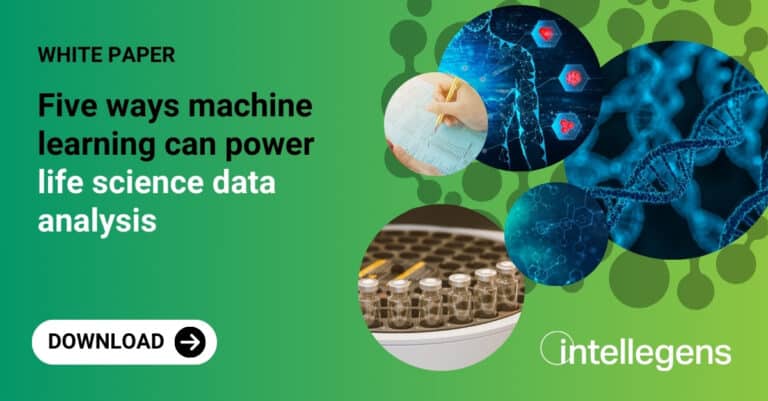Predictive power
In just a few button-clicks, Alchemite™ learns from your data and enables you to make predictions. Fill in gaps and find outliers. Predict likely outcomes for new scenarios. Identify optimal solutions for your system. Alchemite™ is a tool that gets your data working for you, fast.
Vital insights
The Alchemite™ ‘explainable AI’ tools enable you to gain deep insights, understanding what the machine learning has learned from your R&D data. See which inputs to a system are most important in determining the key outputs. Understand how a process will behave as inputs change. Prioritise data acquisition efforts to focus on the information that will generate most value.

Proven technology
Alchemite™ is a proven advanced machine learning method that works for real-world datasets, even where there are substantial gaps in the data – a scenario where conventional machine learning methods fail. Successful applications include chemicals, materials science, life sciences, manufacturing processes, foods, scientific databases, clinical studies, battery research, and more.




